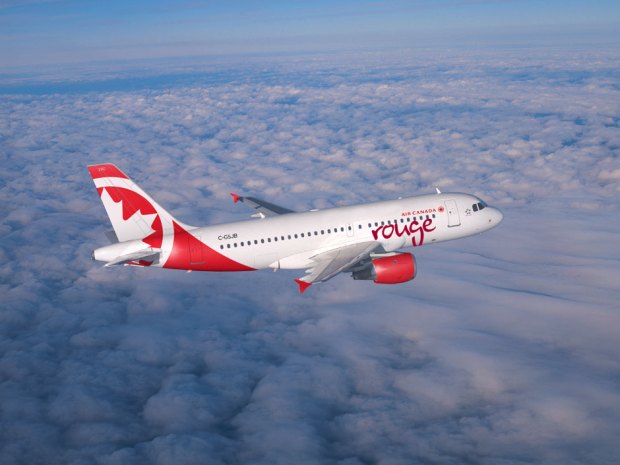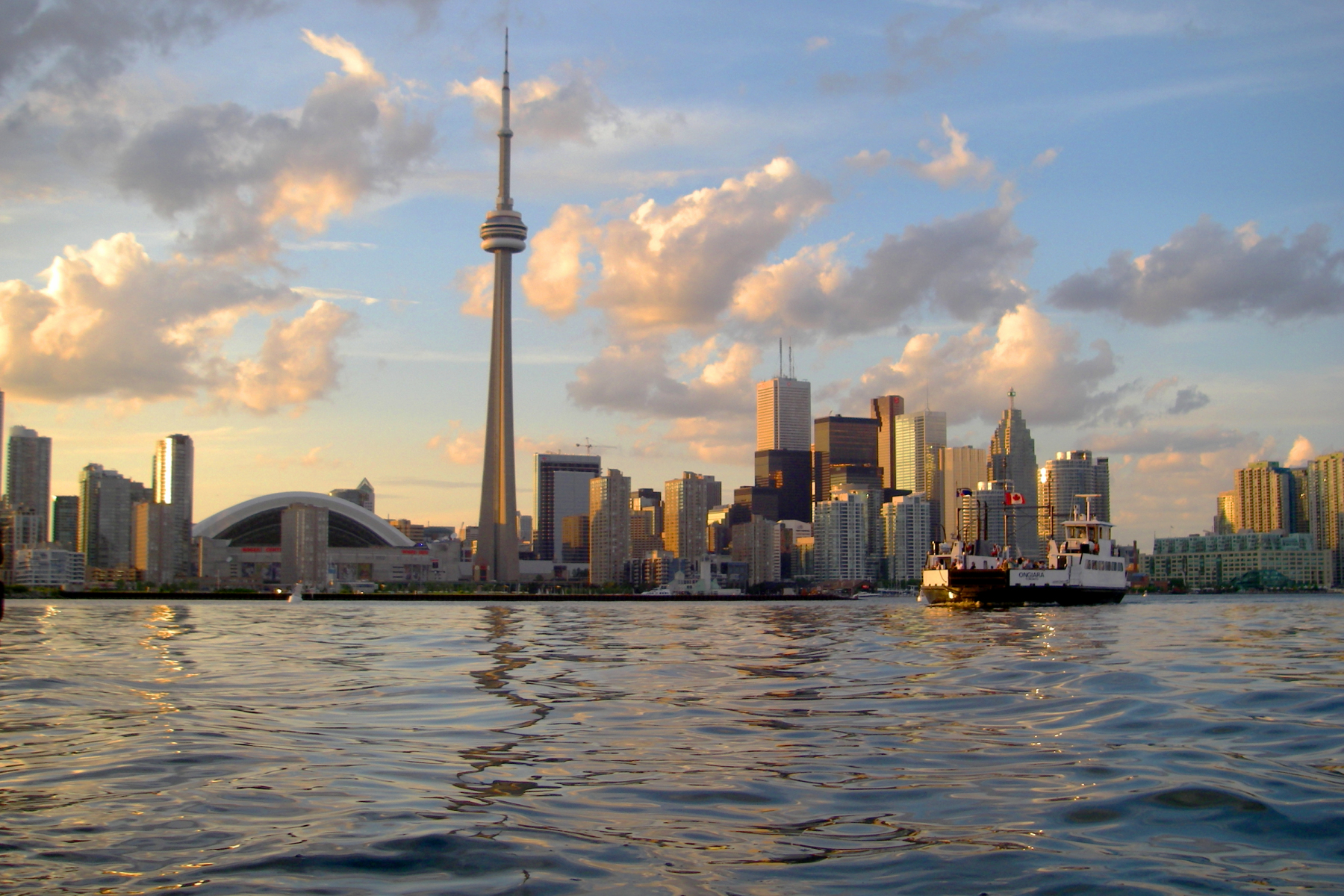 http://business.financialpost.com/2013/06/10/air-canada-pushes-ahead-with-cost-cutting-aims-to-slash-pension-deficit-by-2020/
http://business.financialpost.com/2013/06/10/air-canada-pushes-ahead-with-cost-cutting-aims-to-slash-pension-deficit-by-2020/
After Air Canada’s financials were plagued by its multi-billion dollar pension solvency deficit for years, Canada’s largest airline is finally ready to cut costs. Not only this, but the airline is planning to diversify their fleet options to ensure that both higher efficiency and lower costs can be reached.
In a time when many major American airlines- United, American Airlines, Delta- are struggling to remain profitable, it is refreshing to see Air Canada re-focus their business while making sound financial choices. However, their decision to offer “Air Canada Rouge”, a budget-conscious spinoff of the brand, may encounter issues similar to a project gone bankrupt nearly a decade ago, “Air Canada Tango.”
The premise for Air Canada Tango was largely the same as that of “Air Canada Rouge.” Air Canada is planning to throw all short-haul, low-demand flights to this sub-brand, while freeing up larger jets for farther and more popular destinations. A decade ago, Air Canada Tango failed because the costs to re-train flight crew were obscene, the cost to purchase or lease the airplanes a ridiculous burden, and the demand for such flights low.
When such a business model failed during a time when gas prices, airport taxes, and labour was considerably cheaper, it becomes difficult to see the rationale for such a sub-brand in an even tougher economic time.
